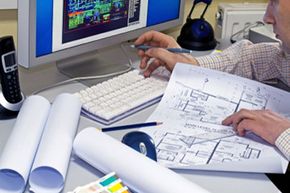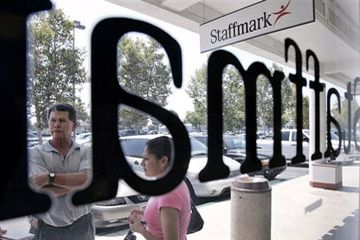Whether you're in school and planning what to study, or an adult considering a career change, it can be difficult to decide what you want to do for a living. There are lots of competing factors: the job market, salary expectations and the possibility of relocation. Two factors -- the kind of job you'd enjoy and what type you'd be good at -- have been the subjects of numerous aptitude tests. You've probably already taken several of them.
These tests attempt to quantify a seemingly enormous topic -- your career goals -- with huge ramifications for the test subject. After all, your career can define a significant portion of your life, and career decisions impact the course of your life for decades. It makes sense, then, that these decisions wouldn't be made on a whim, but rather with some cold, hard data showing exactly what you are and aren't suited for; which jobs will keep you satisfied and fulfilled; and which ones will leave you bored and frustrated.
Advertisement
Sometimes, employers use career tests to help place employees in positions they would tend to excel in -- or even to weed out applicants unsuited for the company.
In this article, we're going to look at career tests, when you're likely to take one, and how the results are tabulated and used to determine your aptitude and interests.
Advertisement



